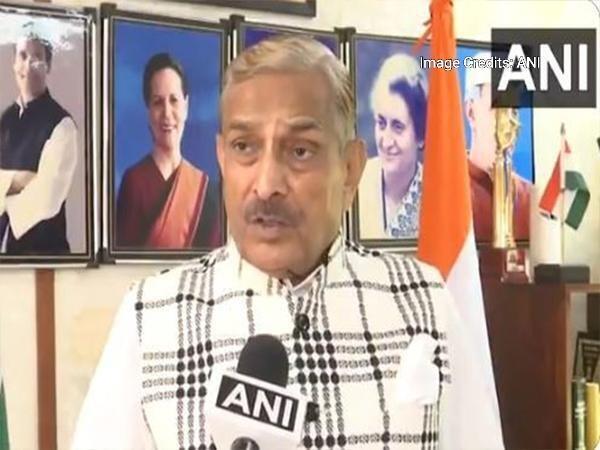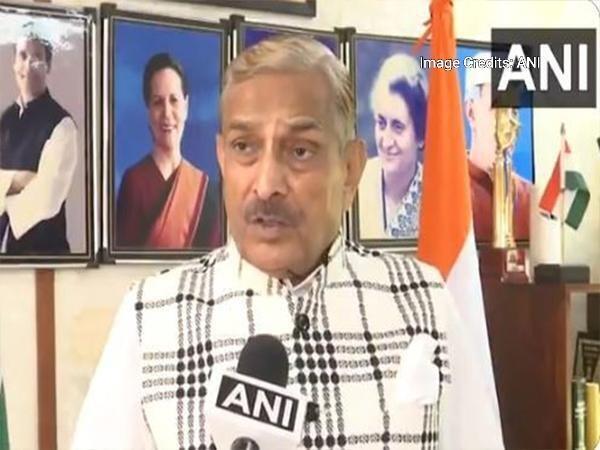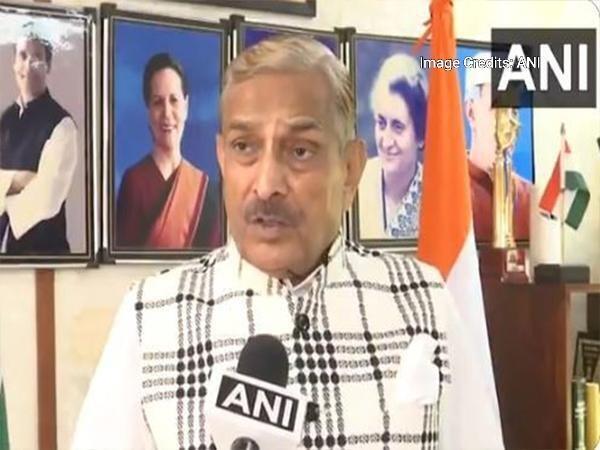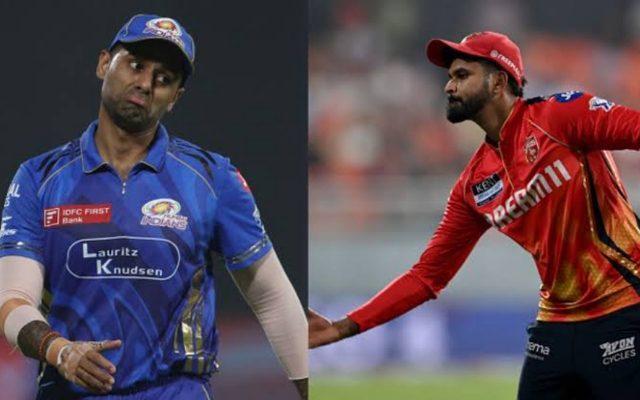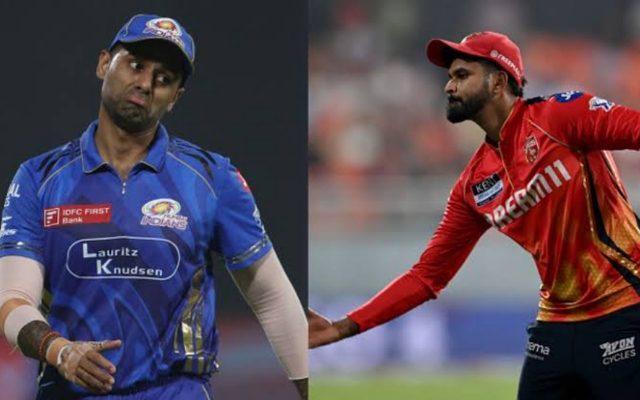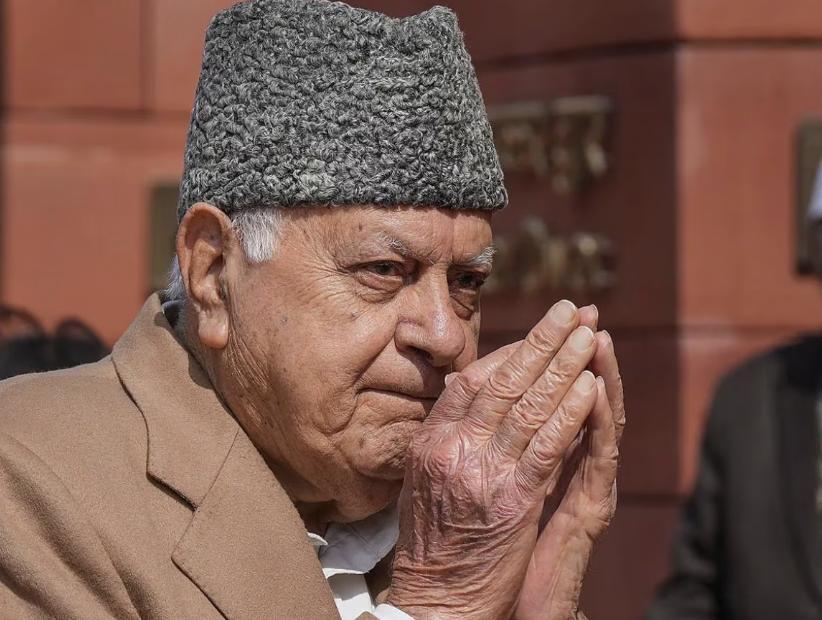
Ex-R&AW chief Dulat claims Farooq privately backed Article 370 abrogation, he denies
The abrogation of Article 370, a contentious issue that has been at the center of political debate in India, has once again taken a new turn with the revelation made by former R&AW chief AS Dulat in his new book, ‘The Chief Minister and the Spy’. Dulat, in his book, claims that former Jammu and Kashmir Chief Minister Farooq Abdullah privately backed the abrogation of Article 370. However, Abdullah has denied this claim, calling it a “figment of imagination of the author who claims to be my friend”.
Dulat, in his book, reportedly states that Abdullah’s National Conference (NC) suggested that the abrogation of Article 370 would have helped in passing the Bill. This claim has sent shockwaves across the political spectrum, with many questioning the credibility of Dulat’s assertions.
For those who may not be aware, Article 370 was a constitutional provision that granted special status to Jammu and Kashmir, allowing it to have its own constitution, flag, and a degree of autonomy. The provision was introduced in the Indian Constitution in 1954, and it has been a subject of controversy ever since.
The controversy surrounding Article 370 reached a boiling point in August 2019, when the Indian government, led by Prime Minister Narendra Modi, decided to abrogate the provision. The move was seen as a major blow to the autonomy of Jammu and Kashmir, and it sparked widespread protests and unrest in the region.
The claim made by Dulat in his book has raised many questions about the motivations behind Abdullah’s alleged support for the abrogation of Article 370. Some have argued that Abdullah, who was the Chief Minister of Jammu and Kashmir from 1987 to 1990 and from 1996 to 2002, may have seen the abrogation of Article 370 as a way to strengthen his party’s position in the region.
Others have pointed out that Abdullah’s National Conference has historically been a pro-India party, and it is possible that he may have seen the abrogation of Article 370 as a way to strengthen ties with the central government.
However, Abdullah has vehemently denied Dulat’s claims, saying that they are baseless and without any foundation. In a statement, Abdullah said, “The author claims to be my friend, but this is a figment of his imagination. I have always been a strong advocate for the rights of the people of Jammu and Kashmir, and I have always opposed any move that would undermine their autonomy.”
Dulat’s claim has also raised questions about the credibility of his book, which is based on his experiences as the chief of India’s external intelligence agency, R&AW. Many have argued that Dulat’s claims should be taken with a pinch of salt, as his book is likely to be biased towards the views of the government.
The controversy surrounding Dulat’s book is just the latest in a long line of controversies surrounding the abrogation of Article 370. The move has been widely criticized by opposition parties, who have accused the government of undermining the autonomy of Jammu and Kashmir and of violating the basic rights of the people of the region.
Despite the controversy, the government has maintained that the abrogation of Article 370 was necessary to integrate Jammu and Kashmir into the rest of the country and to bring peace and development to the region.
The debate over Article 370 is likely to continue for some time, with both sides presenting their arguments and counter-arguments. However, the revelation made by Dulat in his book has once again highlighted the complexities and sensitivities surrounding this contentious issue.
Sources:
https://repository.inshorts.com/articles/en/PTI/5880e3bf-0a05-40d6-887a-465b5c760b3a
